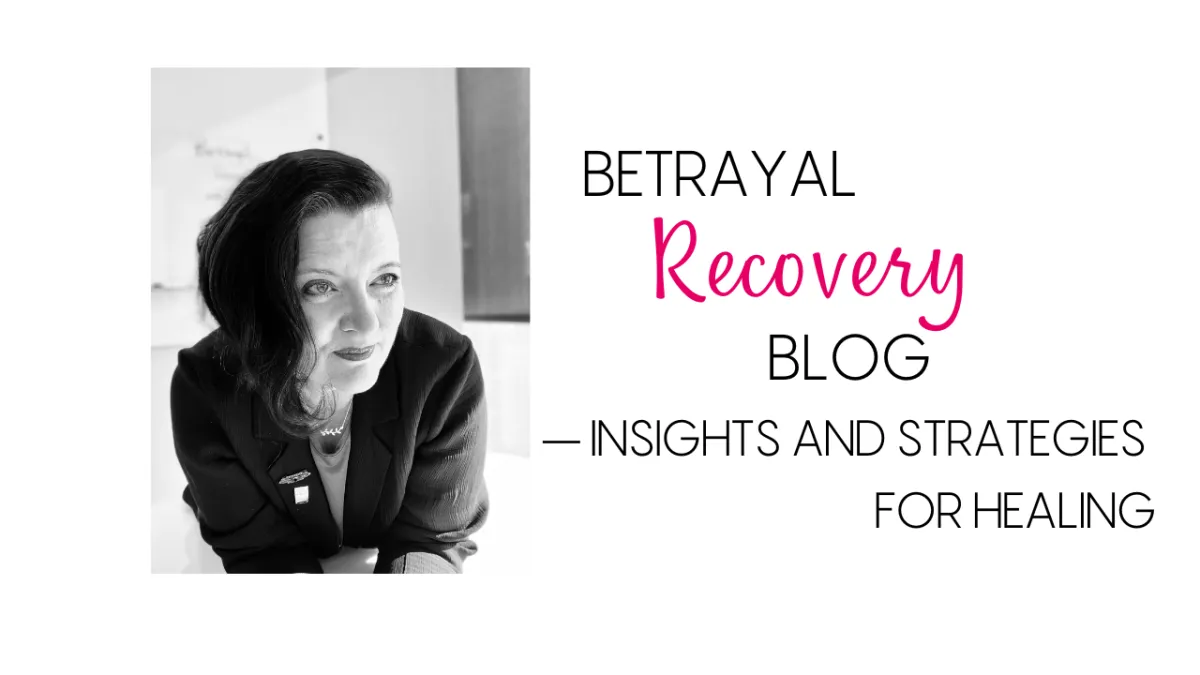
Expert Insights on Betrayal Recovery and Healing:
Blogs by Vanessa Cardenas
In-depth Articles on Healing, Communication, and Personal Growth.

The Impact of Betrayal in the Workplace
by Vanessa Cardenas, Betrayal Recovery Specialist Serving Westchester, NYC, and the Surrounding Region
Betrayed at Your Job?
Betrayal in the workplace can be incredibly challenging, leaving you feeling hurt, disillusioned, and unsure of how to move forward. Whether it’s a colleague who undermined you, a boss who broke a promise, or a team that excluded you, the emotional impact of betrayal can be profound. It can damage your trust in others, affect your job performance, and even make you question your place in the organization.
Recognizing Workplace Betrayal
Workplace betrayal can take many forms, and it’s important to recognize when it has occurred. Some common examples include:
Broken Promises: A promotion or opportunity that was promised but never delivered.
Exclusion: Being left out of important meetings, decisions, or projects.
Backstabbing: Colleagues who talk behind your back or take credit for your work.
Micromanagement: A boss who oversteps boundaries and undermines your autonomy.
Processing the Emotional Fallout
The emotional impact of workplace betrayal can be similar to betrayal in personal relationships. It’s normal to feel anger, sadness, and confusion. Take time to process these emotions, whether through journaling, talking with a trusted friend, or seeking professional support. Acknowledging your feelings is the first step toward healing and regaining your footing.
Assessing the Situation
After processing your emotions, it’s important to assess the situation objectively. Consider the following questions:
Is this an isolated incident, or part of a pattern?
How has this betrayal affected your work and relationships?
What do you need to feel safe and respected at work?
Are there opportunities to address the issue constructively?
Answering these questions can help you decide how to move forward and whether the situation can be resolved or if it’s time to consider other options.
Communicating Boundaries
One of the most effective ways to navigate betrayal at work is by communicating clear boundaries. Whether it’s with a colleague, boss, or team, let them know what is and isn’t acceptable to you. Setting boundaries helps protect your well-being and ensures that you are treated with respect moving forward.
Rebuilding Trust (If Possible)
Rebuilding trust after workplace betrayal is challenging but not impossible. If you decide to stay in the role, rebuilding trust will require open communication, transparency, and consistent behavior from both parties. Be clear about your expectations and observe whether the other party is willing to make amends and rebuild the relationship.
Knowing When to Move On
Sometimes, the betrayal is too significant, and the environment becomes toxic. In these cases, it may be healthier to move on. Consider your options, whether it’s transferring to another department, seeking a new role within the organization, or finding a new job altogether. Your mental and emotional well-being should always be a priority.
Moving Forward with Strength
Regardless of how you choose to handle workplace betrayal, it’s important to move forward with strength and confidence. Learn from the experience, set clear boundaries, and prioritize your well-being. By doing so, you can rebuild your professional life on a foundation of trust and respect.
Final Thoughts
Betrayal at work can be deeply unsettling, but it doesn’t have to derail your career. By recognizing the betrayal, processing your emotions, setting boundaries, and making informed decisions, you can navigate the aftermath with resilience and integrity. Remember, your worth isn’t defined by others’ actions, but by how you choose to respond.
Subscribe for More Insights:
If you found this article insightful and would like to receive similar content delivered directly to your email, please subscribe to our newsletter. Stay updated with the latest information, tips, and strategies for managing life's transitions. Don't miss out on valuable insights that can empower you to make the best decisions for your future. Join our community today, and let's navigate these challenges together. Subscribe now!



© Copyright 2017-2025. Understanding Ear LLC. All rights reserved.

